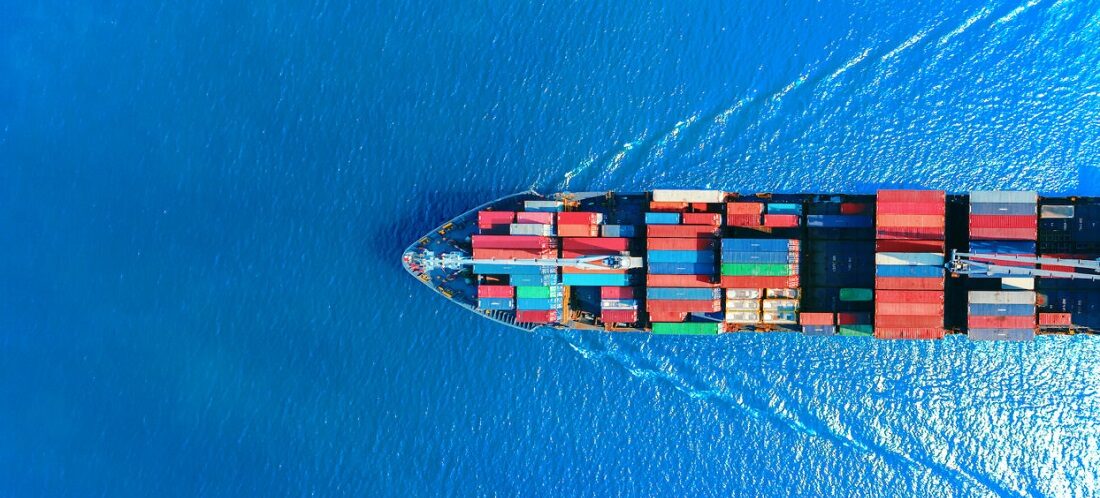
Shipping industry has no easy path towards decarbonisation – UNCTAD
Sep, 27, 2023 Posted by Gabriel MalheirosWeek 202339
The shipping industry lacks clarity on future clean fuels and regulatory systems which is holding back companies from replacing ageing vessels amid pressure to decarbonise faster, U.N. agency UNCTAD on September 27.
Shipping, which transports over 80% of world trade and accounts for nearly 3% of the world’s carbon dioxide emissions, has faced calls from environmentalists and investors to deliver more concrete action, including a carbon levy.
“We call for global action to decarbonise shipping. However, we recognise that this is not an easy task and also the cost that can be associated with it,” the agency’s Secretary-General Rebeca Grynspan told a news conference in London.
In its Review of Maritime Transport for 2023, the United Nations Conference on Trade and Development (UNCTAD) said it was concerned over the ageing global shipping fleet.
At the start of 2023, commercial ships were on average 22.2 years old, two years older than a decade ago, according to the report.
“More than half of the world’s fleet is over 15 years old,” UNCTAD said.
“Shipowners face the challenge of renewing the fleet without clarity regarding alternative fuels, green technology and regulatory regimes to guide ship owners and ports, while port terminals face similar challenges in vital investment decisions.”
In July, countries adopted a revised greenhouse gas strategy for shipping that set a net zero emissions target by or around the middle of the century, which was seen by environmental groups as not ambitious enough.
Decarbonising shipping by 2050 will require large investment, and the UNCTAD report cited estimates from Norwegian risk manager DNV indicating additional annual costs of $8 billion to $28 billion to enable ships to reach that target.
The industry is exploring a number of different technologies, including ammonia and methanol in an effort to move away from dirtier bunker fuel. Wind assisted propulsion is another clean energy option being looked at.
UNCTAD’S report said that scaling up fuel production, distribution and marine bunkering infrastructure to supply 100% carbon neutral fuels by 2050 would require estimated annual investments of around $28 billion to $90 billion.
“Estimates suggest that full decarbonisation could raise annual fuel costs by 70 to 100% compared to current levels,” UNCTAD said.
“Shipping cannot decarbonise on its own.”
Maritime trade volume contracted marginally by 0.4% in 2022 but UNCTAD projected it would grow by 2.4% in 2023 with moderated growth of 2.1%-2.2% forecast between 2024-2028.
(Reporting by Jonathan Saul. Editing by Jane Merriman)
-
Shipping
Jan, 13, 2025
0
Maersk revises peak season surcharge from Far East to East Coast of South America
-
Ports and Terminals
Jan, 04, 2024
0
Brazil’s Porto Sudeste Breaks Iron Ore Handling Record
-
Automotive
Jul, 02, 2019
0
Brazil’s vehicle exports fall 37% in the first semester
-
Meat
Mar, 23, 2022
0
Beef: China to suspend imports from JBS unit in Mozarlândia (GO)

